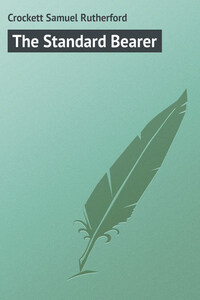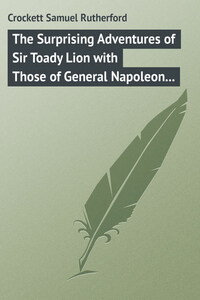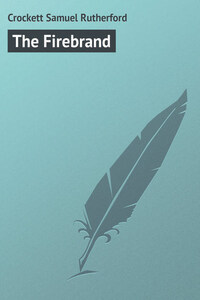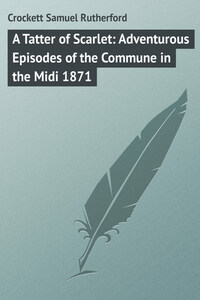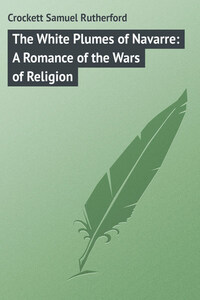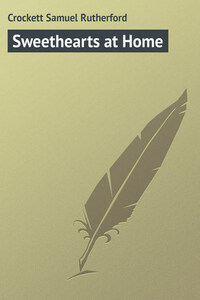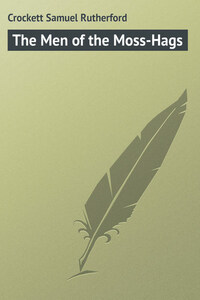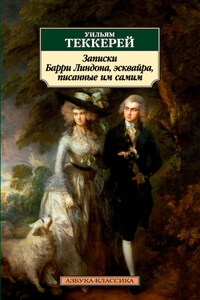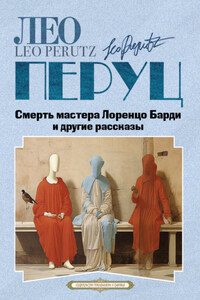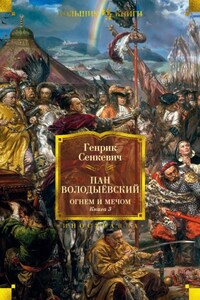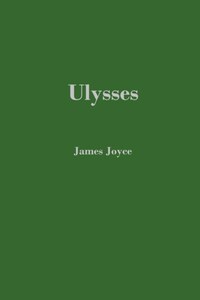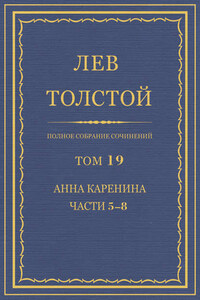A book iron-grey and chill is this that I have written, the tale of times when the passions of men were still working like a yeasty sea after the storms of the Great Killing. If these pages should chance to be read when the leaves are greening, they may taste somewhat unseasonably in the mouth. For in these days the things of the spirit had lost their old authority without gaining a new graciousness, and save for one man the ancient war-cry of “God and the Kirk” had become degraded to “The Kirk and God.”
This is the story of the one man whose weak and uncertain hand held aloft the Banner of Blue that I have striven to tell – his failures mostly, his loves and hates, his few bright days and his many dark nights. Yet withal I have found green vales of rest between wherein the swallow swept and the cuckoo called to her mate the cry of love and spring.
Who would know further and better of the certainty of these things must procure and read A Cameronian Apostle, by my excellent friend, the Reverend H. M. B. Reid, presently minister of the parish wherein these things were done, in whose faithful and sympathetic narrative they will find many things better told than I can tell them. The book may be had of the Messrs. Gardiner, of Paisley, in Scotland.
Yet even in this imperfect narrative of strange events there may be heard the beating of a man’s heart, weak or strong, now arrogant, and now abased, not according to the fear of man or even of the glory of God, but more according to the kindness which dwelt in woman’s eyes.
For there is but one thing stronger in the world than the love of woman. And that is not of this world.
CHAPTER I
THE YEAR TERRIBLE
This is what I, Quintin MacClellan, saw on the grassy summit of the Bennan – a thing which, being seen and overpast in an hour, changed all my life, and so in time by the grace of God and the chafe of circumstances made me for good or evil the man I am.
I was a herd laddie at the time, like David, keeping my father’s flocks and kicking up my heels among the collie tykes, with many another shepherd-boy in the wide moorish parishes of Minnigaff, Dalry and the Kells.
Now my father (and his father before him) had been all his life “indweller” in the hill farm of Ardarroch which sits on the purple braeface above the loch of Ken, with a little circumambient yard enclosed by cattle-offices and a dozen red-stemmed fir trees, in which the winds and the birds sing after their kind, winter and summer.
A sweet and grateful spot do I now remember that Ardarroch to be, and in these later days when I have tried so mickle of bliss and teen, and wearied my life out in so many wanderings and strivings, my heart still goes out kindly to the well-beloved place of my bairn-play.
It was the high summer of the fatal year 1685, when I saw the sight which put an end to my childhood. Well do I mind it that year, for amongst others, my father had to go for a while into hiding – not that he was any over-strenuous Covenant man, but solely because he had never in his life refused bite and sup to any neighbour hard pressed, nor yet to any decent chiel who might scarcely be able to give an account of the quarrel he had with the Tyrant’s laws.
So, during his absence, my brothers and I had the work of the farm to attend to. No dawn of day sifting from the east through the greenery of the great sloughing beeches and firs about the door ever found any of the three of us in our beds. For me, I was up and away to the hills – where sometimes in the full lambing time I would spend all night on the heathery fells or among the lirks and hidden dells of the mountain fastnesses.
And oh, but it was pleasant work and I liked it well! The breathing airs; the wide, starry arch I looked up into, when night had drawn her night-cap low down over the girdling blue-black hills; the moon glinting on the breast of Loch Ken; the moor-birds, whaup and snipe, plover and wild duck cheeping and chummering in their nests, while the wood-doves’ moan rose plaintive from every copse and covert – it was a fit birthplace for a young lad’s soul. Though indeed at that time none was farther from guessing it than Quintin MacClellan. For as I went hither and thither I pondered on nothing except the fine hunger the hills gave me, and the glorious draughts of whey and buttermilk my mother would serve out to me on my return, calling me meantime the greatest and silliest of her calves, besides tweaking my ears at the milk-house door if she could catch me ere I set my bare legs twinkling down the loaning.
For the time being I say nothing more of my father, “douce John of Ardarroch,” as all the parish called him, save that he was a moderate man and no high-flier as he would have described himself – yet out of whom his wife (and my good mother) had, by the constant dropping of argument, made a Covenant man, and even a fairly consistent follower of the Hill Folk. Neither will I bide to speak of my brothers Hob and David, for their names and characters will have occasion to appear as I write down my own strange history. Nor yet can I pause to tell of the sweetness and grace of my sister Anna, whose brown eyes held a charm which even my boyish and brotherly insensibility acknowledged and delighted in, being my elder by half-a-dozen years, and growing up amongst us rough louts of the heather like a white rose in the stocky corner of an herb-garden.
